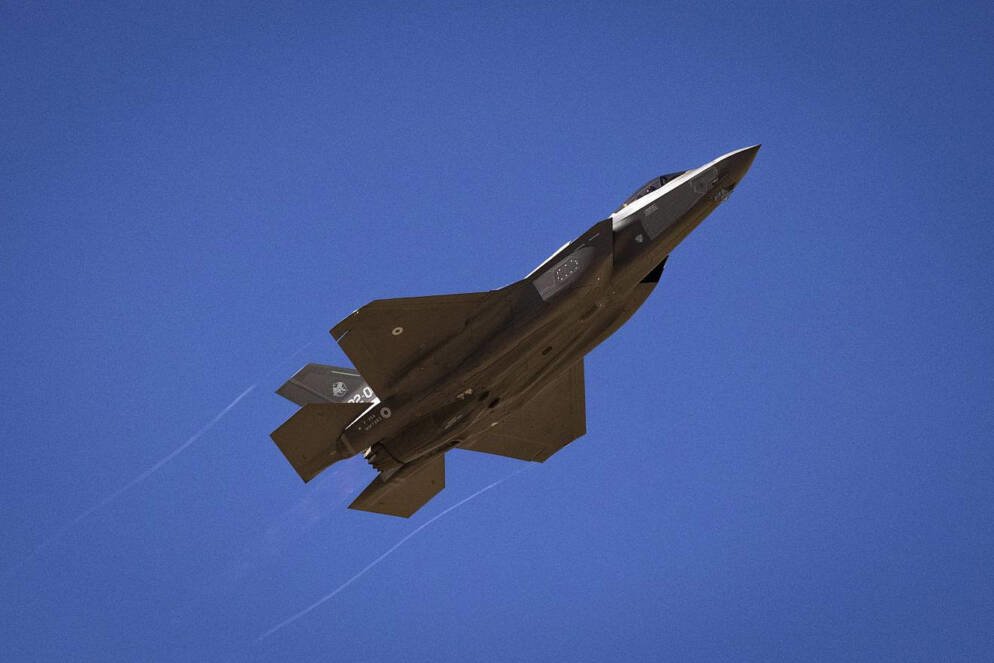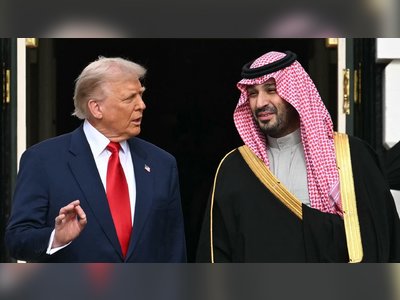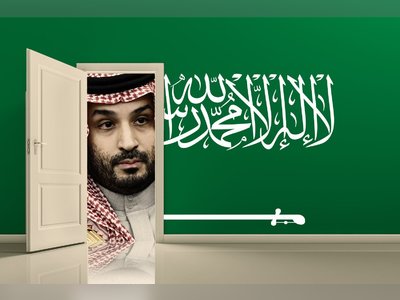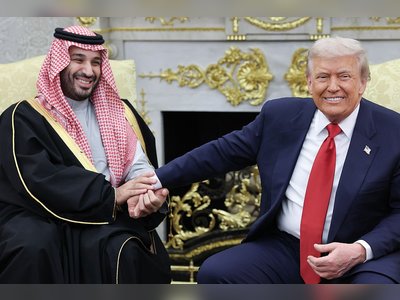
U.S. F-35 Sale to Saudi Arabia Sparks Strategic Alarm for Israel
Arms package deepens U.S.–Saudi defence alliance while threatening Israel’s qualitative military edge
President Donald Trump announced that the United States will sell the stealth F-35 fighter jet to Saudi Arabia during a White House meeting with Crown Prince Mohammed bin Salman, marking a major shift in regional defence alignment.
The deal was unveiled alongside a broader pact elevating Saudi Arabia to major non-NATO ally status and setting the stage for further U.S.–Saudi cooperation in defence, energy and investment.
Private U.S. briefings and reporting indicate that the jets destined for Riyadh will be less advanced than those operated by Israel, in line with U.S. law guaranteeing Israel’s qualitative military edge in the Middle East.
Even so, the move has generated intense strategic concern in Jerusalem, which fears that Saudi Arabia’s new capabilities will erode Israel’s air superiority and upset regional deterrence dynamics.
Israeli officials lobbied Washington to tie the sale to any Saudi normalisation with Israel under the Abraham Accords framework, citing the importance of safeguarding Israel’s security and insisting that Saudi bases not host aircraft threatening close-by Israeli airspace.
Their demands underscore long-standing anxiety that advanced arms transfers to Gulf states could jeopardise Israel’s intercept-and-strike advantage.
U.S. intelligence and defence insiders also flagged additional risks: the possibility that Saudi Arabia’s deepening ties with China could create pathways for sensitive F-35 technology to leak, and the broader question of whether Riyadh’s acquisition of top-line platforms might destabilise balance rather than fortify it.
From Washington’s perspective, the deal signals a recalibration of Gulf strategy: Saudi Arabia’s strategic alignment with the U.S. is now elevated, while the kingdom has secured advanced systems without condition on immediate Israeli normalisation.
The absence of that condition marks a clear evolution in U.S.–Saudi diplomacy.
The coming months will test how technology restrictions, basing assurances and delivery timelines are managed to protect Israel’s edge while enabling the U.S.-Saudi partnership to deepen.
The deal was unveiled alongside a broader pact elevating Saudi Arabia to major non-NATO ally status and setting the stage for further U.S.–Saudi cooperation in defence, energy and investment.
Private U.S. briefings and reporting indicate that the jets destined for Riyadh will be less advanced than those operated by Israel, in line with U.S. law guaranteeing Israel’s qualitative military edge in the Middle East.
Even so, the move has generated intense strategic concern in Jerusalem, which fears that Saudi Arabia’s new capabilities will erode Israel’s air superiority and upset regional deterrence dynamics.
Israeli officials lobbied Washington to tie the sale to any Saudi normalisation with Israel under the Abraham Accords framework, citing the importance of safeguarding Israel’s security and insisting that Saudi bases not host aircraft threatening close-by Israeli airspace.
Their demands underscore long-standing anxiety that advanced arms transfers to Gulf states could jeopardise Israel’s intercept-and-strike advantage.
U.S. intelligence and defence insiders also flagged additional risks: the possibility that Saudi Arabia’s deepening ties with China could create pathways for sensitive F-35 technology to leak, and the broader question of whether Riyadh’s acquisition of top-line platforms might destabilise balance rather than fortify it.
From Washington’s perspective, the deal signals a recalibration of Gulf strategy: Saudi Arabia’s strategic alignment with the U.S. is now elevated, while the kingdom has secured advanced systems without condition on immediate Israeli normalisation.
The absence of that condition marks a clear evolution in U.S.–Saudi diplomacy.
The coming months will test how technology restrictions, basing assurances and delivery timelines are managed to protect Israel’s edge while enabling the U.S.-Saudi partnership to deepen.




